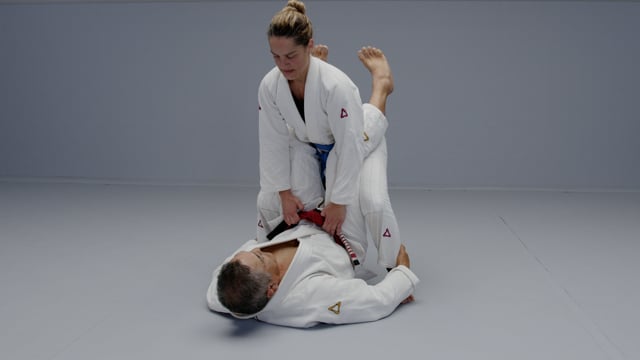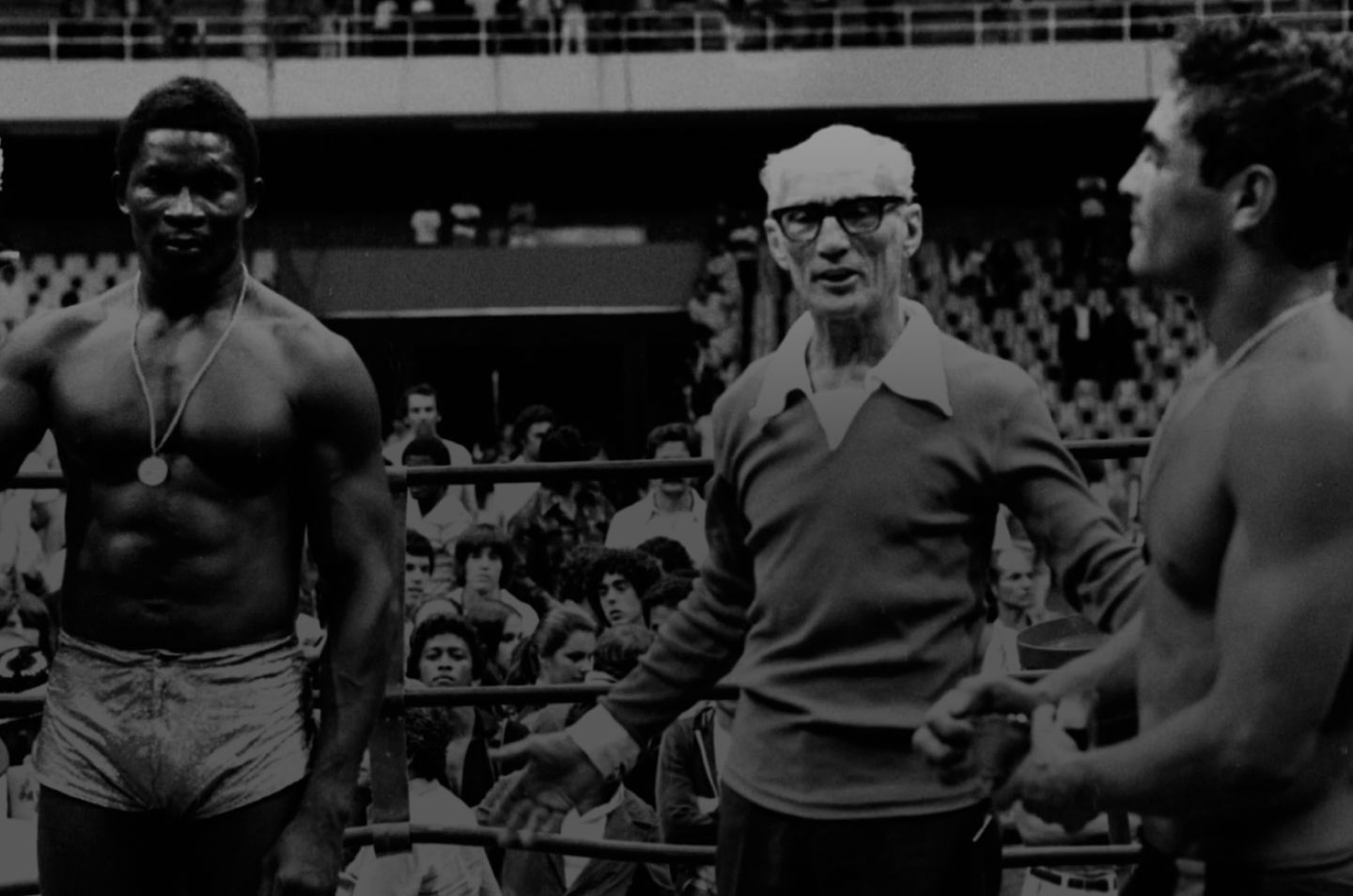For Rickson Gracie, the essential benefit of jiu-jitsu consists of making the student able to think calmly during the worst events. What, then, could have happened if the Titanic had been led in its first and final voyage by an experienced jiu-jitsu practitioner back in 1912?
Tough to speculate, of course. The iceberg would still have good chances of winning. But certainly, some measures of prevention and containment would be quite different — before, during and after the collision.
Curiously, some of the best stories about the disaster were registered in book form by a survivor named Gracie. It was Col. Archibald Gracie, who clinged on to a passing lifeboat, proving he had a similar grip to his Brazilian grandnephews’.
Rickson Gracie often says that the good BJJ practitioner is an eternal student. The tragedy happened due to a confluence of failures — but one of them was the lack of study of the scenario and attention to details (pure jiu-jitsu, therefore). For example, extremely cold, calm waters with stars reflected are evident signs of a field of ice nearby.
That was but one of the errors by Edward John Smith, old British sea veteran and commander in charge in April 1912. His team received, that Sunday, six warnings of an icy ocean, but remained at full speed. Almost like a white-belt seeing an opponent's hand deep in their collar but continuing to charge ahead to pass guard.
With the dominant opinion that size mattered most and that such a titanic vessel would never be vanquished by the forces of nature, all protocol and prudence were ditched. The Titanic left England for New York, it seems, with an active fire in one of its coal bunkers, which distracted a good part of the crew and dragged on for days.
After the collision with the iceberg, the lack of calm was the nail in the coffin. The lack of training of the crew, the lack of knowledge of how to release the lifeboats, the lack of attention by the radio and telegraph operators, and the hesitation of the captain — who according to multiple sources was perplexed and actionless for long minutes — made everything worse.
Worse still, the technique was lacking: despite the telescope's invention in 1608, there was none with the men in charge of observing the water from up high.
How about you? Do you want to see farther? Avoid tragedies big and small. Practice BJJ!


Comments
My professor, one of your black belts, Brad Hatcher, is always talking about this. I greatly appreciate it.